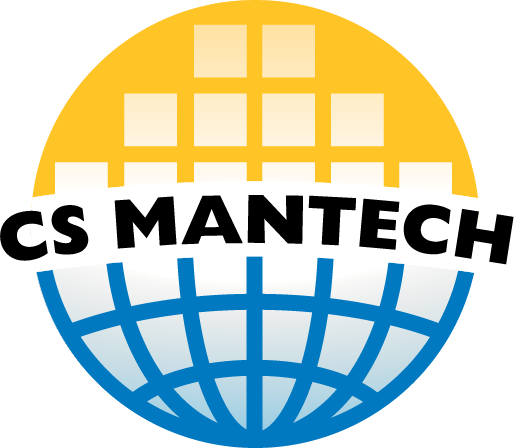The transistor-injected quantum cascade laser (TI-QCL) is a novel design for a mid-wave infrared (MWIR) laser that seeks to overcome some of the primary limitations of standard quantum cascade lasers (QCLs). By growing the active cascade region within the base-collector junction of an n-p-n heterojunction bipolar transistor (HBT), independent control of the injection current and active region bias is achievable through the emitter current and base-collector reverse bias respectively. The active region bias is important to properly align the lasing states and to control the lasing wavelength. Physical design limitations of the TI-QCL and their effects on the fabrication process of samples is presented. In order to characterize device performance and validate fabrication improvements, InP-based device samples designed for λ = 7.3 µm emission are fabricated. Preliminary characterization results are shown in the form of diode measurements to validate the HBT electrical operation of the TI-QCL which is necessary to realize the optical benefits of the device.
Robert Kaufman
University of Illinois at Urbana-Champaign
-
Design and Fabrication Considerations for Transistor-Injected Quantum Cascade Lasers for Compact, Efficient, and Controllable Mid-Wave Infrared Lasing
John Dallesasse, University of Illinois at Urbana-ChamapignRobert Kaufman, University of Illinois at Urbana-ChampaignPatrick Su, University of Illinois at Urbana-ChampaignFu-Chen Hsiao, University of Illinois at Urbana-ChampaignDownload Paper
